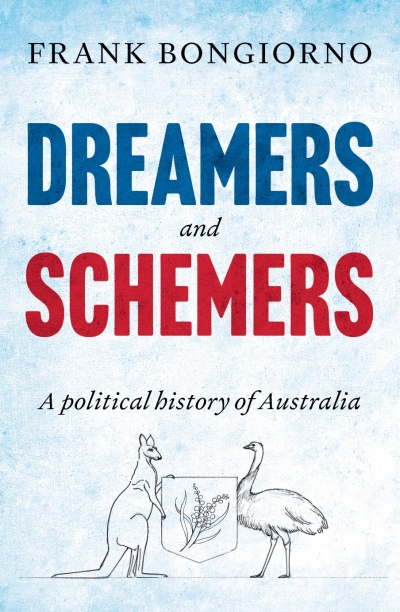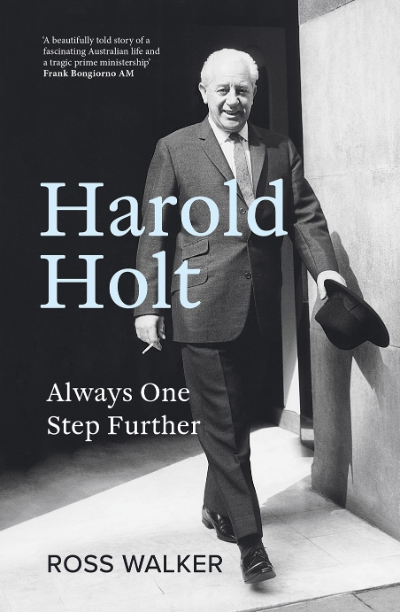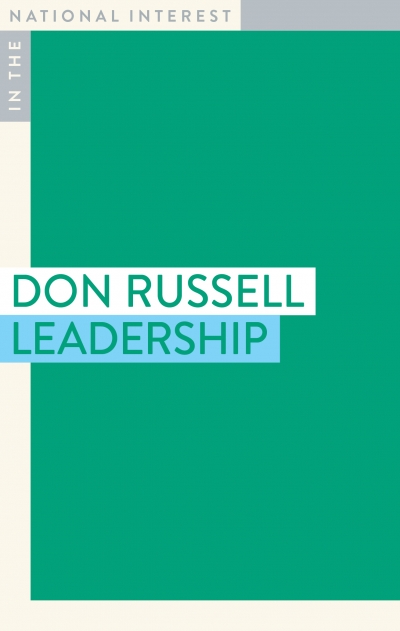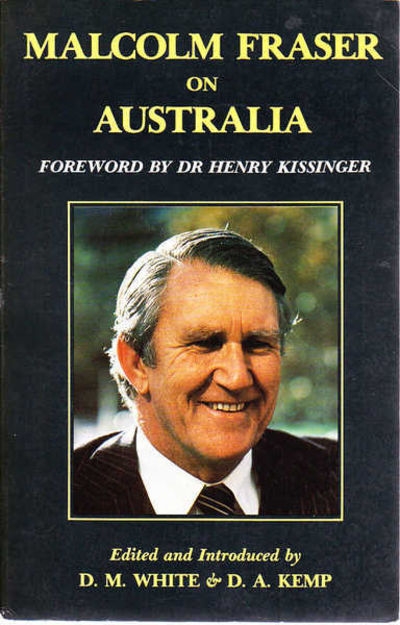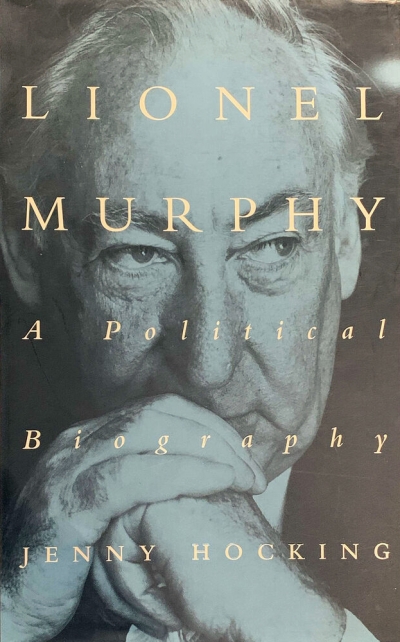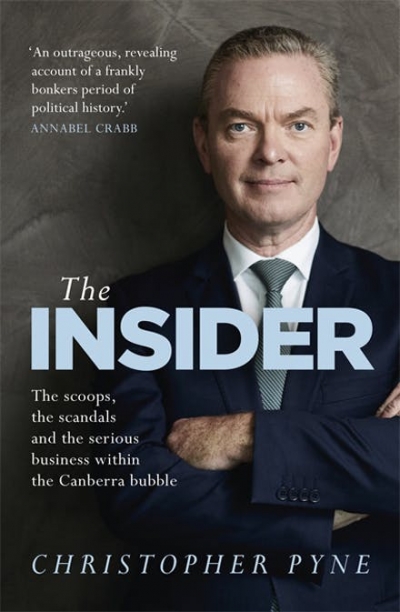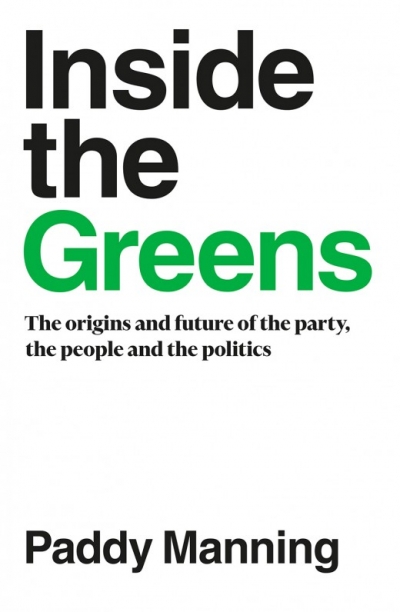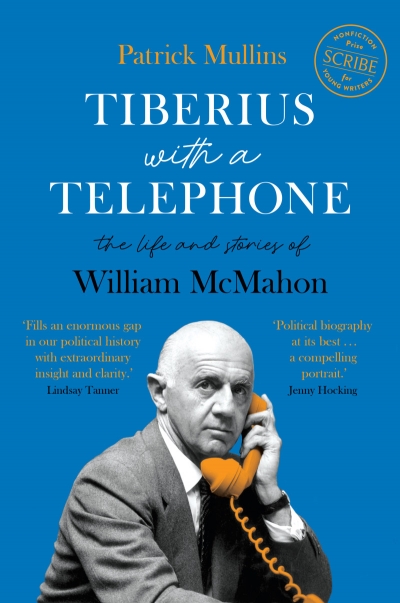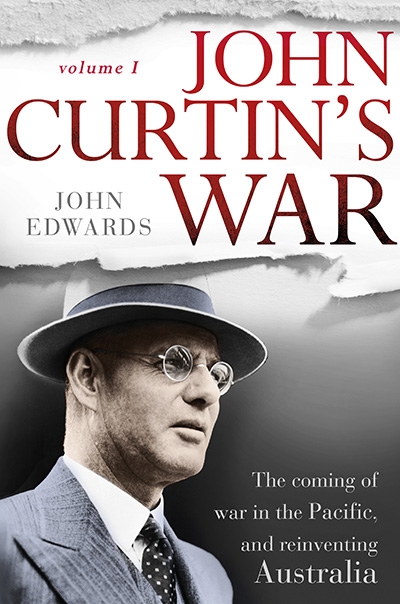James Walter

James Walter is Emeritus Professor of Politics at Monash University, and has published widely on leadership, biography, and political ideas. Volume two of his history of the Australian prime ministership (with Paul Strangio and Paul ‘t Hart),The pivot of power: The Australian prime ministership 1950 –2016 (Miegunyah Press), was published in 2017.
If Scott Morrison taught us nothing else, it is that we must pay attention to the behaviour of leaders who can take decisions that potentially impact us all. That is reason enough to welcome serious political biography. Yet a reader new to the field might be puzzled to find on her bookshop shelves (or in an online search) multiple volumes on, say, Robert Menzies or Bob Hawke and now Harold Holt ... (read more)
In 1958, the Australian political scientist A.F. Davies (1924–87) published Australian Democracy: An introduction to the political system, one of the first postwar attempts to combine institutional description with comment on the patterns of political culture. It introduced a provocative assertion: Australians have ‘a characteristic talent for bureaucracy’. Disdaining the myth of Australians ... (read more)
From The Ministers’ Minders by James Walter, published in June 1986 by Oxford University Press. Prof. Walter's book was reviewed by Judith Brett in the September 1986 issue.
This book is about the role played by ministerial staff in Australian federal government. It is particularly concerned with the potential influence on policy making that this group may have through their capacity to ad ... (read more)
There have been two major cycles in Australian political rhetoric since the war. The first occurred during the postwar reconstruction period, from 1943 until 1949, when contest over a new social order impelled an unusually clear articulation of philosophy and policies by the contenders for influence – represented in public debate by Curtin and Chifley on one hand, and Menzies on the other. The e ... (read more)
Lionel Murphy was a prominent and colourful figure in the ALP renaissance of the 1960s and 1970s, and a significant legal intellectual. The extraordinary saga of his final years, when he was hounded by political foes and the press, created a farrago of misunderstanding and innuendo that clouded his reputation. Jenny Hocking has set out to recover Murphy’s public life and to correct the record. C ... (read more)
In a long career talking to and about politicians, I have learned one thing. While many fantasise about being prime minister, the key driver is to get close to the centre. Christopher Pyne captures this immediately in The Insider, comparing the political world to the solar system in which the skill is to know one’s place relative to the sun (the prime minister), and the aim is to get as close to ... (read more)
In 2016 John Kaye was dying. Once leader of the Greens in New South Wales, he had a final message for his party. ‘This isn’t and never has been about changing government … This is about changing what people expect from government.’ In our era, dogged by chronic distrust of parties and government, it might have served as a rallying cry for people to transform politics by demanding more of t ... (read more)
Billy McMahon, Australia’s twentieth prime minister, held the post for less than two years (March 1971–December 1972). In surveys of both public esteem and professional opinion, he is generally ranked as our least accomplished prime minister. He is also, until now, the only prime minister for whom there has been no serious biography published. No one, perhaps, thought it worth the effort.
... (read more)
John Curtin may be our most extensively documented prime minister. He is the subject of many biographies (including one by the author of the volume reviewed here) and countless chapters and articles, and is necessarily a central figure in war histories of the 1940s. John Edwards ventures into a well-populated field. The publisher’s claim in promoting the book that Curtin is one of our most under ... (read more)

